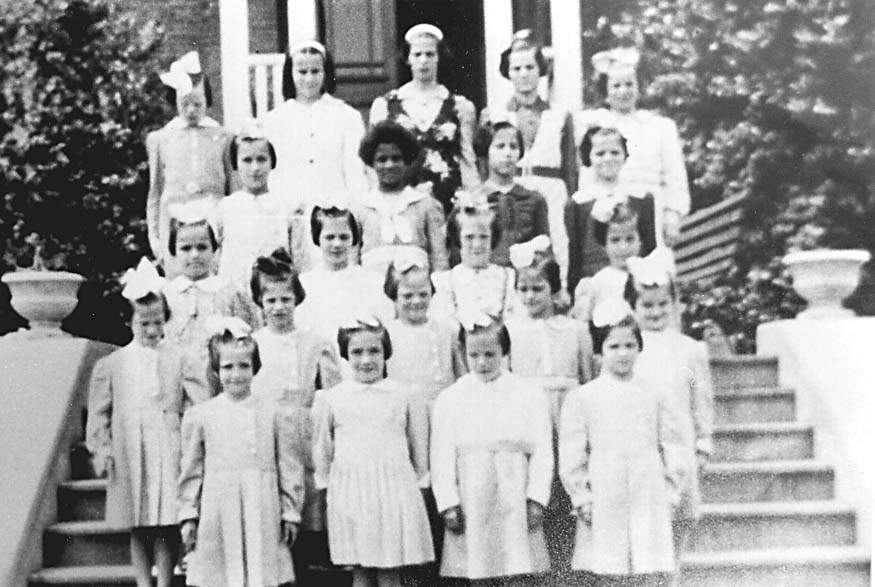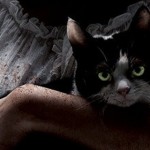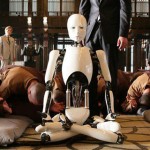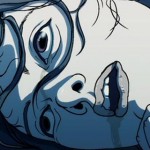CITY OF FOG
CITY OF FOG
Hwang Dong-hyuk’s gripping drama SILENCED recalls historical atrocities carried out in residential schools
Kier-La Janisse
———————-
Inspired by true events that occurred in a school for the deaf in the South Korean city of Gwangju in 2005, Hwang Dong-hyuk’s multi-award-winning SILENCED operates equally well as both an emotional viagra no prescription crime-fighting film and an indictment of the impenetrable nature of corrupt bureaucracy.
A young teacher named Kang In-ho from Seoul gets a job buying generic propecia at the remote Ja-ae Academy, a seemingly upright, well-staffed institution. But on his first day, he notices that one of his students is covered in bruises, and hears screams in the building late at night. “Don’t think of these kids as normal,” his co-worker asserts when he mentions that there is ‘something strange’ about the students. “A disability in the body leads to an impairment in mentality.”
The staff is levitra mit rezept 10 mg preise surprisingly good-humoured considering that the students seem so maladjusted. They easily dismiss all of In-ho’s suspicions as unfounded; even when he walks in on a fellow teacher openly beating one of the students, the rest of the staff is unconcerned. Further investigation reveals not only cheap levitra india brutal physical abuse but repeated sexual abuse as well. After first trying to ingratiate themselves to the outsider in an almost threatening fashion, the teachers soon ostracize him. Their message is clear: he can either fit in or get lost. But the extent of their corruption – not only within the school but in the complicity of the outlying community – is overwhelming. This is a system so riddled with blatant human rights violations that In-ho doesn’t even know where to begin in setting things right.
Of course in the province of Quebec where we have the legacy of the Duplessis Orphans, not to mention the nationwide horror of the residential schools, the darkness of Silenced hits close to home. During the reign of Quebec Premier Maurice Duplessis (roughly 1936-1959), known as la grande noirceur, or ‘the great darkness’, the province was regimented by an unyielding Catholicism that saw the children of unwed forcibly removed from the home – if they weren’t just abandoned due to societal pressures – and put up for adoption or placed in orphanages/residential schools. Over these three decades, an estimated 20,000 orphans were brought into residential schools run by the clergy. In order to escape the financial burden of funding these schools with provincial funds, Duplessis decided to formally categorize them as mental hospitals, which would then open the gates to federal funding.
Back then you could get away with doing anything to mental patient, and once reclassified as such, the ‘Duplessis Orphans’ – as they later came to be known – were subject to lobotomies, electroshock, hard labour and both physical and sexual abuse. Those who didn’t survive the medical experimentation were dumped in unmarked graves, and their medical records botched or ‘lost’. As with the Aboriginal residential schools and the victims of the brainwashing experiments at Montreal’s Allan Memorial Institute, the survivors of this exploitive regime are still trying to get some kind of fair restitution for the crimes our government committed against them.
Like this ongoing tragedy, the story at the heart of Silenced has still not been fully addressed. Still, the release of the film in 2011 caused a public protest that resulted in the investigation being re-opened and the passing of the Dogani Bill, which abolished the statute of limitations for sex crimes against minors and the disabled. The school was still operating until November of last year, when it was shut down following the controversy surrounding the film.
——————-
SILENCED has its Quebec Premiere on August 7th at 9:55pm in the Salle JA De Seve. More info on the film page HERE.

 August 6, 2012
August 6, 2012  No Comments
No Comments








